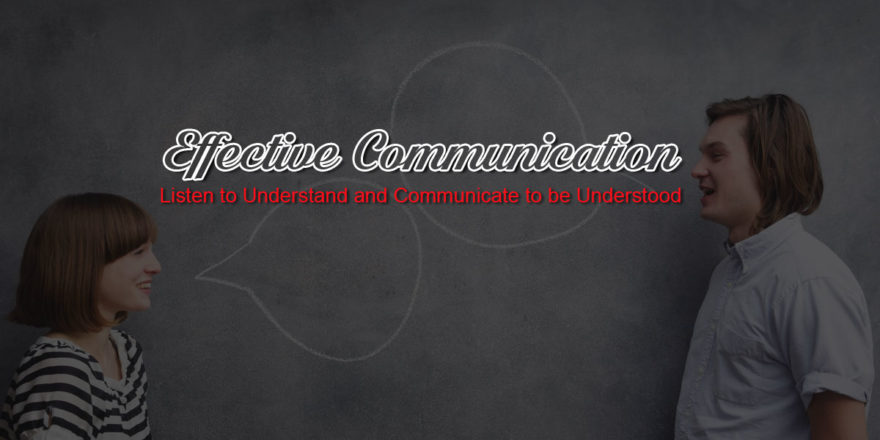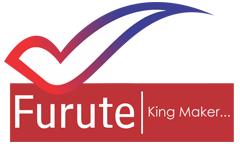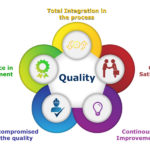You must have come across so many people who vouch by the benefits of effective communication. You must have also seen so many job descriptions specifying effective communication as a requirement. In fact in both our personal and our professional life, we hear about effective communication so much that it makes us wonder what is so special about it.
After all, communication is just about conveying a message to someone and we do it all the time. We talk to people, we call them, text them. Where ever we are, in office, at home, while travelling, we are constantly communicating either with ourselves or someone else.
Then what is all this fuss around communication that we have to arrange special sessions to teach effective communication to people.
That is what we are going to address today. If we look at the definition of communication, it says; “Communication is the flow of intended meaning from the sender to the recipient.”
It seems pretty simple but in practice it is not that simple because most of the times we underestimate the “intended meaning” part. We are so focused on what we have to say that we don’t even consider how it is going to be perceived by our listener and that is our gravest mistake.
What we need to understand about communication is that it is going to be effective only when the meaning perceived by the recipient is exactly similar to the meaning intended by the sender.
So, if I want my dad to gift me a premium phone on my birthday, I will have to convey my message in such a way that he understands it in the exact same manner. That is why, saying “I want a new phone” might not get me the intended result while as saying “ I want I phone 7 for my birthday” will be much more effective.
The main difference between these two sentences is that one states my intentions clearly while as the other leaves a lot to my dad to perceive in his own way.
So, while communicating we have to be very clear about our intentions, we have to be precise about what we want our listener to perceive and this is not limited to verbal communication only.
It applies to non-verbal communication as well. Our gestures, postures, our body languages are also an important tool of communication. So, we need to be careful about what are we conveying through them.
Waving your hands too much while talking is considered distracting by some people. Standing straight is taken as a mark of respect, etc.
Another thing that is substantial to effective communication is, knowing our audience. Who we are communicating with determines how we communicate. When communicating with oneself (intrapersonal communication) no filters are needed, no precautions are to be taken. But in interpersonal communication (both one to one and one to many), a lot of things have to be considered. We need to consider the physical, mental, social, emotional as well as spiritual aspects of the listener’s personality.
The appearance, age, profession, social status and maturity level of a person has a great impact on how we communicate with them. We cannot convey a message in a similar fashion to a child and an adult even if the intention is same. Similarly the way of communicating with the C.E.O of a company and the peon of the company has to be different. The way of communication in different contexts is also going to be different. The difference is going to reflect in our gestures, postures, our choice of words, our voice modulation, voice pitch, volume, etc.
When we need to ask a favor from a colleague, we generally use a soft tone, a low pitch and words like please, thank you, etc. Now if we have to ask the same colleague to finish a deadline, the pitch will be a little louder, tone little stern and words straight.
Other thing that we have to bear in mind is how involved is our listener. The more we involve the listener and reduce distraction, the more effective our communication will be. The key is to know when your listener is ready, take cues from their body language, and try to be as interesting as you can. Your desired result is going to be achieved only when your listener has listened actively.
Effecctive communication is no rocket science, All you need to do is be clear about your intention, know your content thoroughly, be confident, know your audience, use your body language appropriately, hit the right chord with your audience and you are going to be a winner whether it is your office or your home.
So, thank you somuch for reading this!!!!!!
WISHING YOU PEACE AND ABUNDANCE…. Ashay Shah

 Office no:14, 3rd floor, Sterling Center, Opp, Hotel Aurora Towers, MG Road, Camp, Pune, Maharashtra 411001
Office no:14, 3rd floor, Sterling Center, Opp, Hotel Aurora Towers, MG Road, Camp, Pune, Maharashtra 411001



